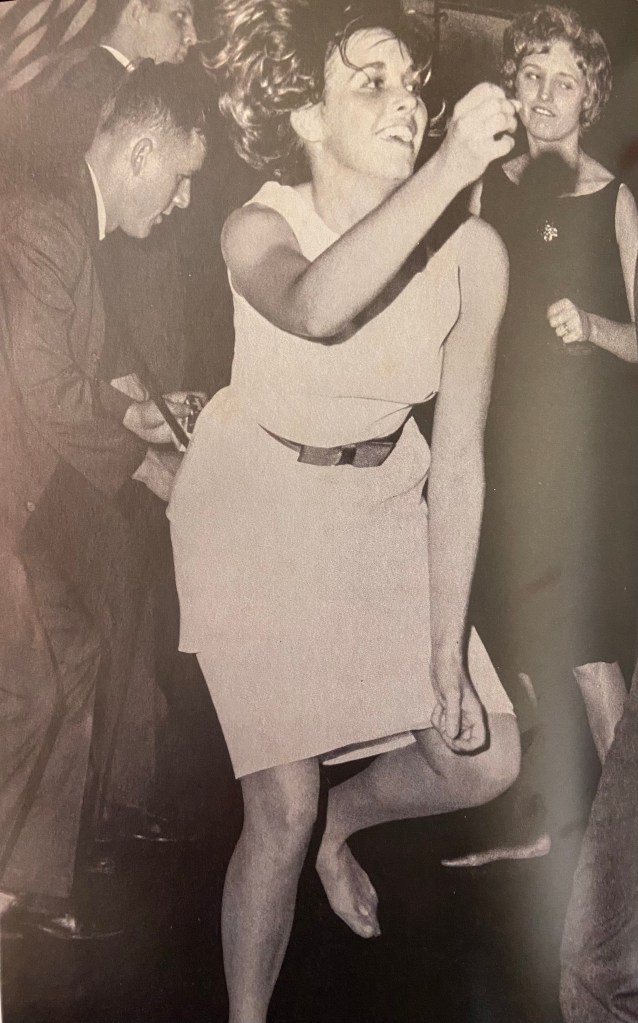Students seek education to avoid Vietnam
Published 11:00 am Thursday, December 8, 2022

- A photo of Wyn Whitker dancing at an event at Athens College from the Athens Forever commemorative book; Wyn helped the college used to recruit students in return for her tuition funding.
During the 1960s Athens College benefited from young men from the Baby Boom generation choosing to attend college to avoid the national selective service requirement.
Federal policy allowed military service to be postponed until a man graduated or dropped out of college.
This surge in enrollment as Athens increased dramatically when President Virgil McCain adopted the “Parsons Plan.”
Parsons College President Millard Roberts asserted he could turn his college into the “Harvard of the Midwest” by operating it like a business. His success was due in part because of an emphasis on recruiting and blanketing major population centers with marketing and publicity.
Roberts envisioned the college as a second chance for non-traditional students and this appealed to young men who wanted to stay out of Vietnam but couldn’t get into more competitive universities.
McCain was excited by Roberts plan and contacted him in mid-1964. Roberts offered “advisory services” to Athens College for $250 per month focusing on strategic planning, recruitment, fundraising, budgets, and building projections.
McCain then received approval from the Board to implement the “Parsons Plan.”
The new budget increased recruiting funds, allowing the hiring of additional recruiters. Roger M. Hughes was hired to coordinate recruiting in the northeastern United States while Director of Admissions Richard Ray focused on Alabama and Tennessee and Jim Sandlin worked in the D.C. area.
The College used student Wyn Whitker to recruit along the eastern seaboard in return for funding tuition costs and they hired professional recruiters who worked on commission.
Students in the northern and midwestern states found Athens to be more affordable than institutions nearby them and students could easily gain acceptance to Athens.
From 1965 to 66 the number of resident students increased from 160 to 540.
The College had students living anywhere they could fit them, but many students did not return for a second year, feeling as though they were misled by recruiters.
One issue students found was Limestone County being a dry county. Many students who stayed made the drive to southern Tennessee to purchase alcohol.
While Parsons College eventually closed due to indebtedness, the Parsons College experiment allowed Athens College to attract a more diverse student base.





